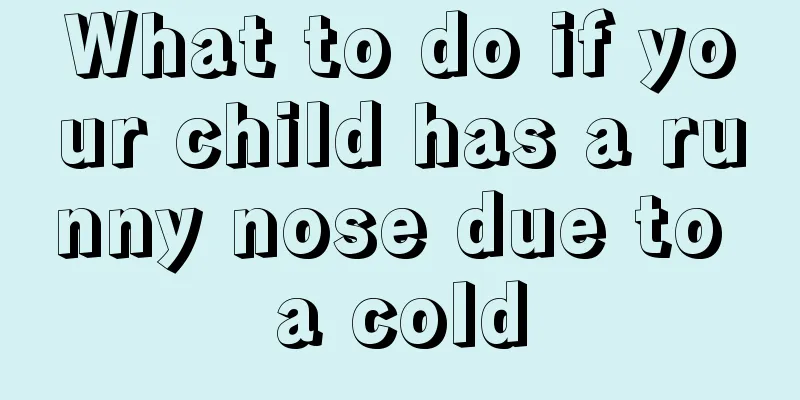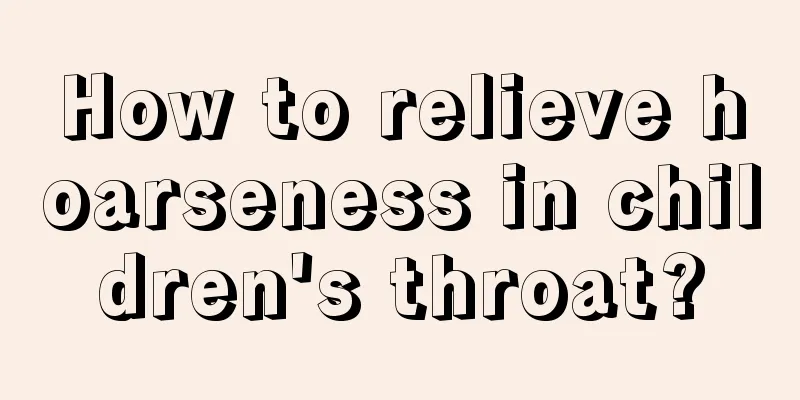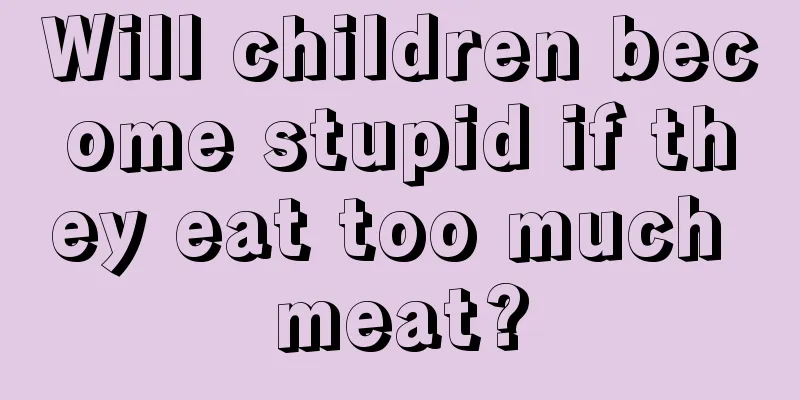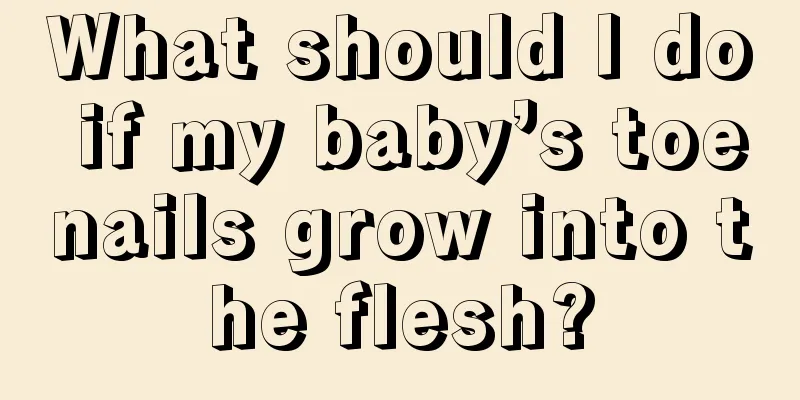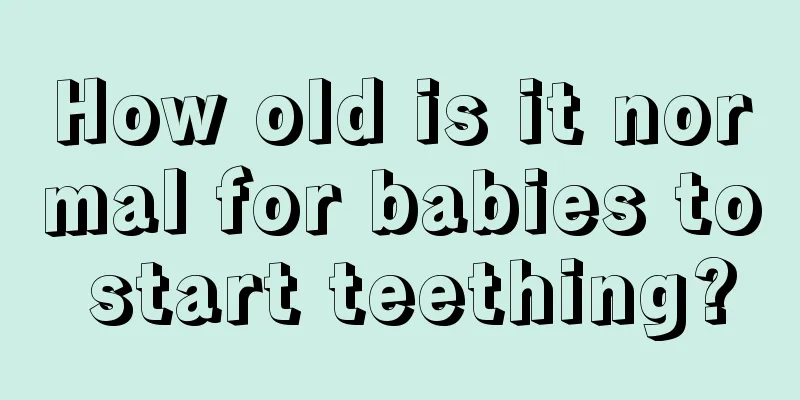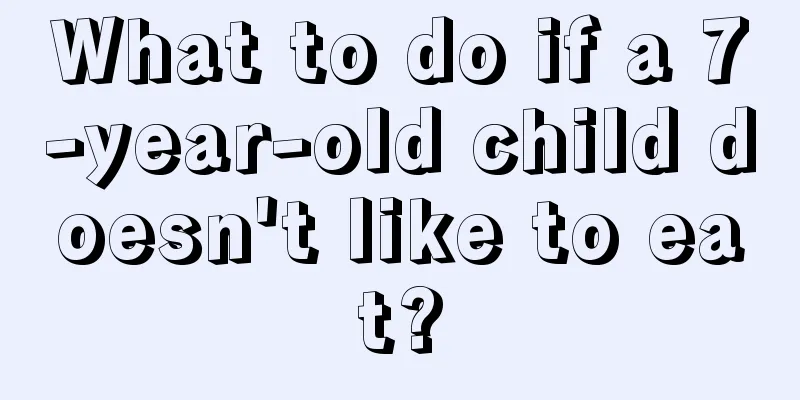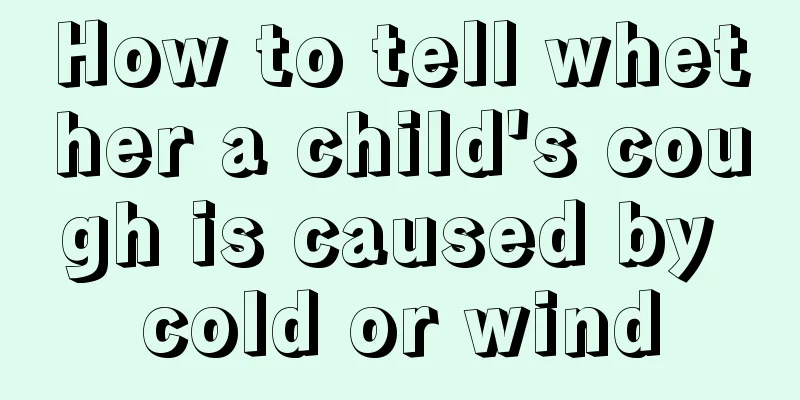What happens when a child has hallucinations?

|
Hallucinations can occur for many reasons, but most hallucinations in adults are caused by stress. If your body is very tired during the day, you will have hallucinations when you fall asleep at night. This is the body's self-regulation and self-protection mechanism. If a child has hallucinations, it is necessary to consider the physical reasons, such as whether he has a cold or fever. After eliminating these reasons, there is basically no problem. This article introduces the details of hallucinations. Hallucination. It is an illusory appearance, something that does not exist, but some people perceive its existence. Normal people may occasionally experience hallucinations, such as when they are anxiously waiting for someone to arrive, they suddenly hear a knock on the door, but no one actually comes. The appearance of this auditory hallucination is closely related to the psychology of expectation. In addition, hallucinations may also occur under sudden and strong stimulation. Normal people may also experience some fragmentary and fleeting hallucinations under the influence of earnest hope, strong expectation, and high tension. Such hallucinations usually do not last too long and will heal with proper adjustment as their mood improves. Normal people sometimes experience hallucinations when they are nervous, tired, have a high fever, are anxious, drink alcohol, or take medication. Features Hallucinations have two main characteristics: First, hallucination is a feeling. Due to the lack of corresponding real stimulation, objective test results prove that this feeling is illusory, but as far as the patient's own experience is concerned, it does not feel illusory. Second, although hallucinations originate from subjective experiences and have no objective reality roots, some patients firmly believe that their feelings come from objective reality. Types of hallucinations By source of hallucination Hallucinations can be divided into true hallucinations and false hallucinations according to their source. True hallucination is also called complete hallucination or perceptual hallucination. It refers to the patient's experience of hallucinations that are perceived through the senses, which do not actually exist, originate from objective space, and are "real", vivid and lifelike. The patient has an unshakable belief, accompanied by corresponding thinking, emotional and volitional behavioral responses. Pseudohallucination: The hallucination image is not clear and vivid, and it occurs in the patient's subjective space, such as the brain or body. Hallucinations are not obtained through sensory organs, such as hearing voices in the stomach or seeing a figure in the head without using one's own eyes. Although the image of the hallucination is different from general perception, the patient is often very sure that he has indeed heard or seen it, and therefore firmly believes it. |
<<: The child suddenly shook while sleeping
>>: A bulge in the middle of the child's forehead
Recommend
What should I do if my child falls on his head?
Some children have fallen and hit the back of the...
What's the matter with the pimple on the baby's buttocks?
If pimples grow in the baby's buttock groove,...
At what age can a child be diagnosed with ADHD?
Children between the ages of two and three are ve...
What can a 2-year-old eat to grow taller?
As people's lives become more and more afflue...
What are the effects of ADHD on children?
In our daily life, we often see children who are ...
What is the reason why children often sweat?
In life, some children often sweat. Many parents ...
What to do if your child has a dislocated hip
We all know that every child is naturally active....
Height and weight standard for 6-year-old children
When a woman becomes pregnant, she should go to t...
What is the reason for the newborn's stomach to growl?
Many people will find many problems right after g...
Is blue light harmful for jaundice?
There are many ways to solve the problem of neona...
What to do if your baby has a cold, fever and runny nose
Generally, newborn babies have strong resistance ...
What to do if your baby has tonsillitis and fever
Tonsillitis is a very common disease in childhood...
Treatment of baby's red throat
Dear parents and friends, you should know that ch...
How to quickly relieve the pain of tooth decay in children, these pain relief tips
Tooth decay is most common in childhood, and the ...
Why does my baby rub his eyes frequently?
In our lives, although our eyes are protected by ...


